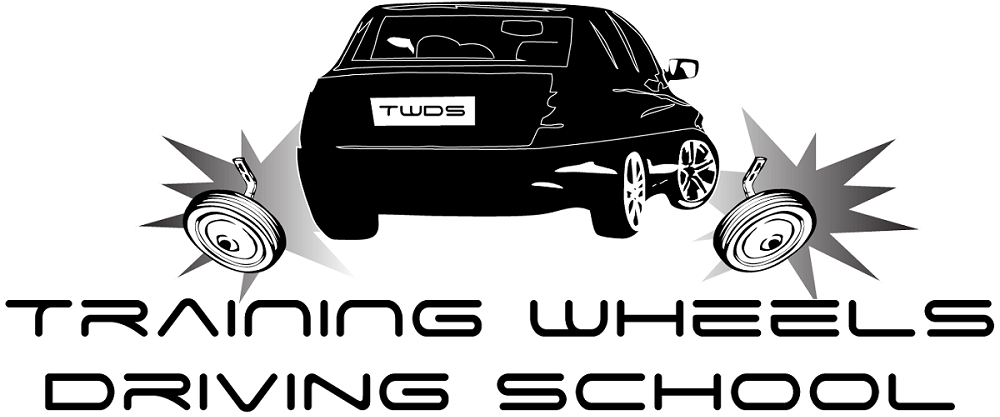Tips for Staying Safe on the Road as You Get Older
If there are no warning signs of unsafe driving, it is possible for older individuals to continue driving through their golden years, as long as they begin to follow increased safety precautions. Some of these precautions include limiting what time of day you are on the road, understanding and addressing health issues that may affect driving, and making modifications to the vehicle to make it easier and safer to drive. One of the most important things to consider doing is to continually check and take care of your health – this should include having regular hearing and vision tests, taking with a doctor about any problems or how medications will affect you and making sure to get the recommended amount of sleep.
Another safety tip to employ is making sure the vehicle you are driving is optimized for safety for an older driver. Older drivers should choose vehicles that have power steering and brakes as well as an automatic transmission. It is also important to keep the car in good working order, making sure to have oil changes and tune-ups done on a regular basis and that headlights and taillights are always clean and visible. If you require equipment to help you operate the vehicle correctly and safely, consult with a certified driving rehabilitation specialist or occupational therapist – he or she will be able to prescribe special equipment that can help to make it easier to operate pedals and the vehicle’s steering wheel.
In addition to these safety precautions, it is also important for older drivers, and really any driver, to be aware of his or her surroundings and drive defensively. Make sure to eliminate or keep distractions at a minimum and pay closer attention to the distance between cars as well as coming up to intersections. Also, make sure to be aware of your limitations – if driving at night, in bad weather, or during rush hour makes you uncomfortable or anxious, do not do it. The same can be said for the types of roads you drive on – if fast moving traffic causes problems, avoid freeways and highways when driving. Finally, make sure to take the concerns of others into consideration, since they may be seeing things you are not.
Benefits That Can be Seen if You Decide to Stop Driving
For some of us, our age may make choosing not to drive at all the best choice for ourselves and those around us. While it is possible to get by without driving, adjusting to not having a car can sometimes be difficult and some may feel that stopping driving is shameful and impeding on their independence. But, it is important to also note the benefits that come along with no longer driving. Many people who stop driving all together have seen improvements in their health since they begin walking or biking more often which can also help to improve their sleep and energy levels. Additionally, stopping driving can help to save older individuals a lot of money – when car insurance, monthly payments, and routine maintenance costs are taken out of a budget, there is more wiggle room to enjoy other things in life.
There are many transportation alternatives to driving that seniors, and really anyone, can take advantage of to help them get around even if they are not operating a vehicle any longer. Many local communities offer shuttle service or senior transit that can help older individuals get back and forth to the store and medical appointments. Many larger cities also have public transportation and may even offer a discount for older individuals. It is also possible to coordinate ride sharing with family and friends and even enlist the help of a private driver or taxi service. Walking or biking to close destinations is also an option and one that can also help greatly improve your overall physical and mental health.
Safe driving is often a sensitive subject for older individuals, but it is important to take note of when our age and health makes it unsafe to be behind the wheel. Decreases in vision, hearing, and motor skills can make drivers a hazard to themselves and others on the road so it is important to make sure you understand how aging uniquely affects you and what can be done to keep you on the road and driving safely. If there are no alternatives to giving up the keys, there are a number of different ways that seniors can still get around and be active in their communities and with their families and friends.
*Photo Courtesy of Pedro Ribeiro Simoes via Creative Commons License

